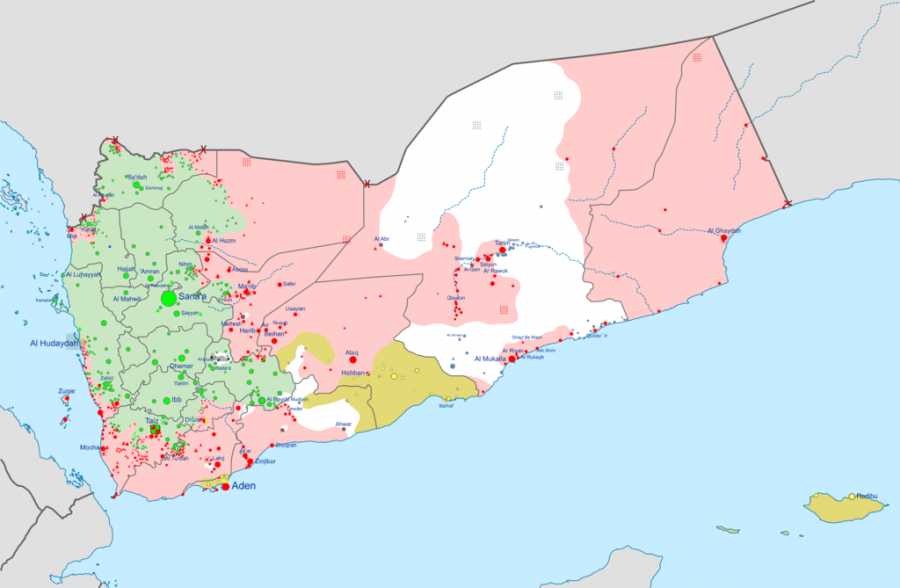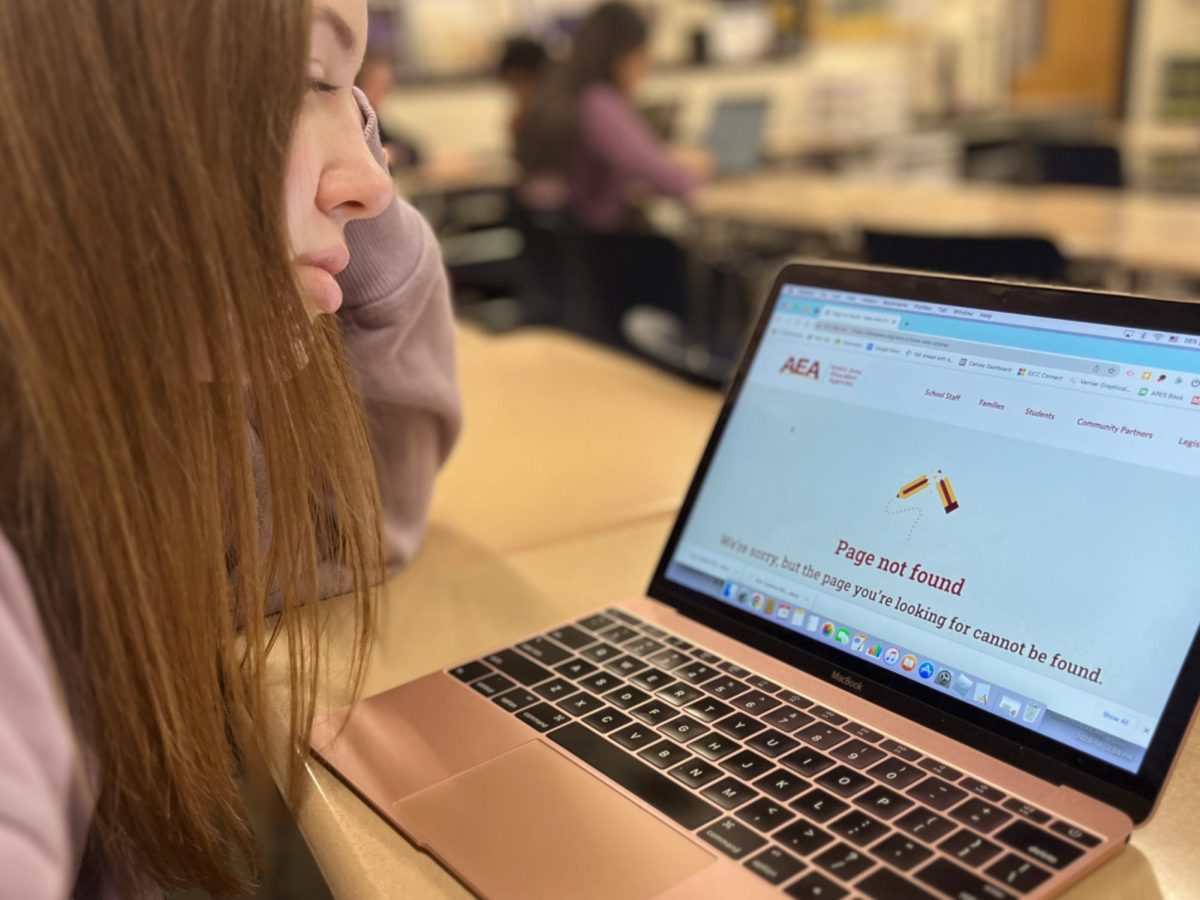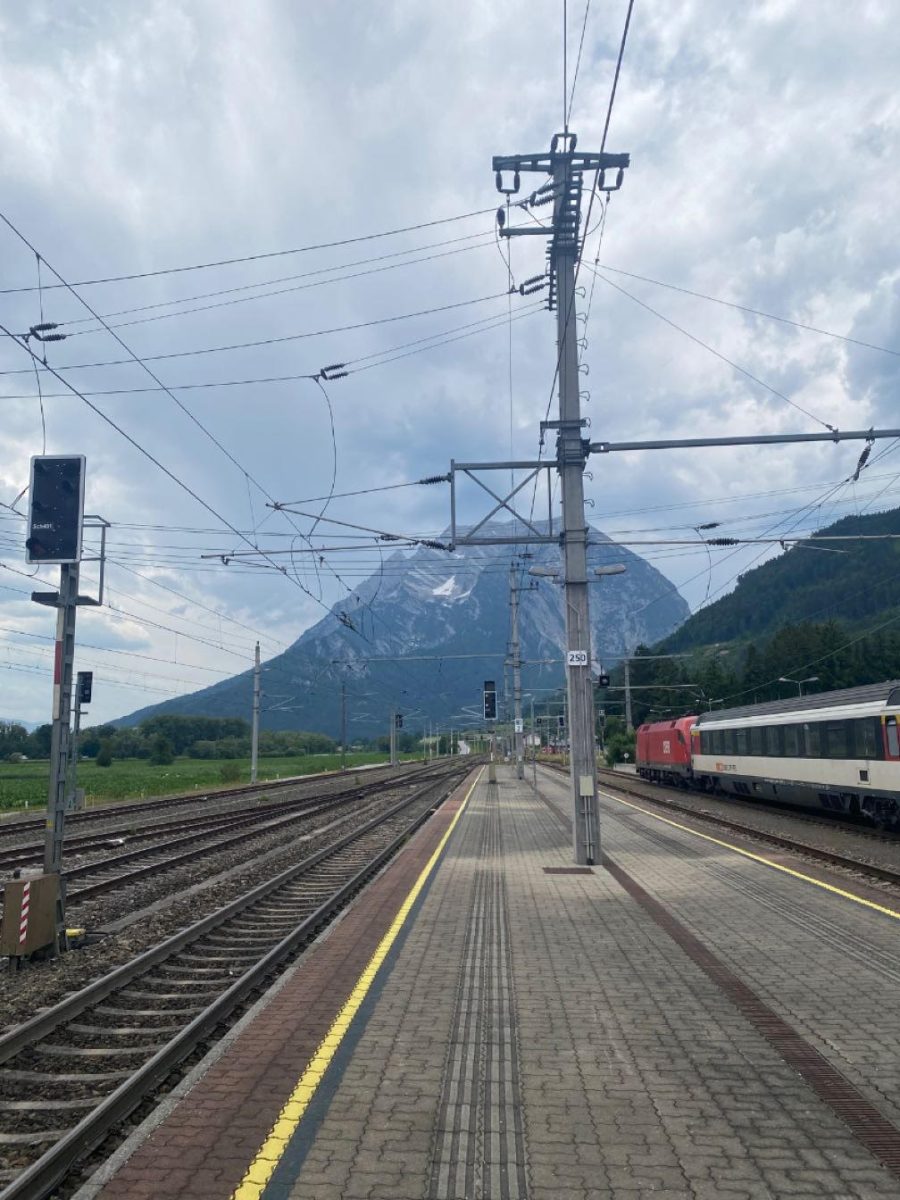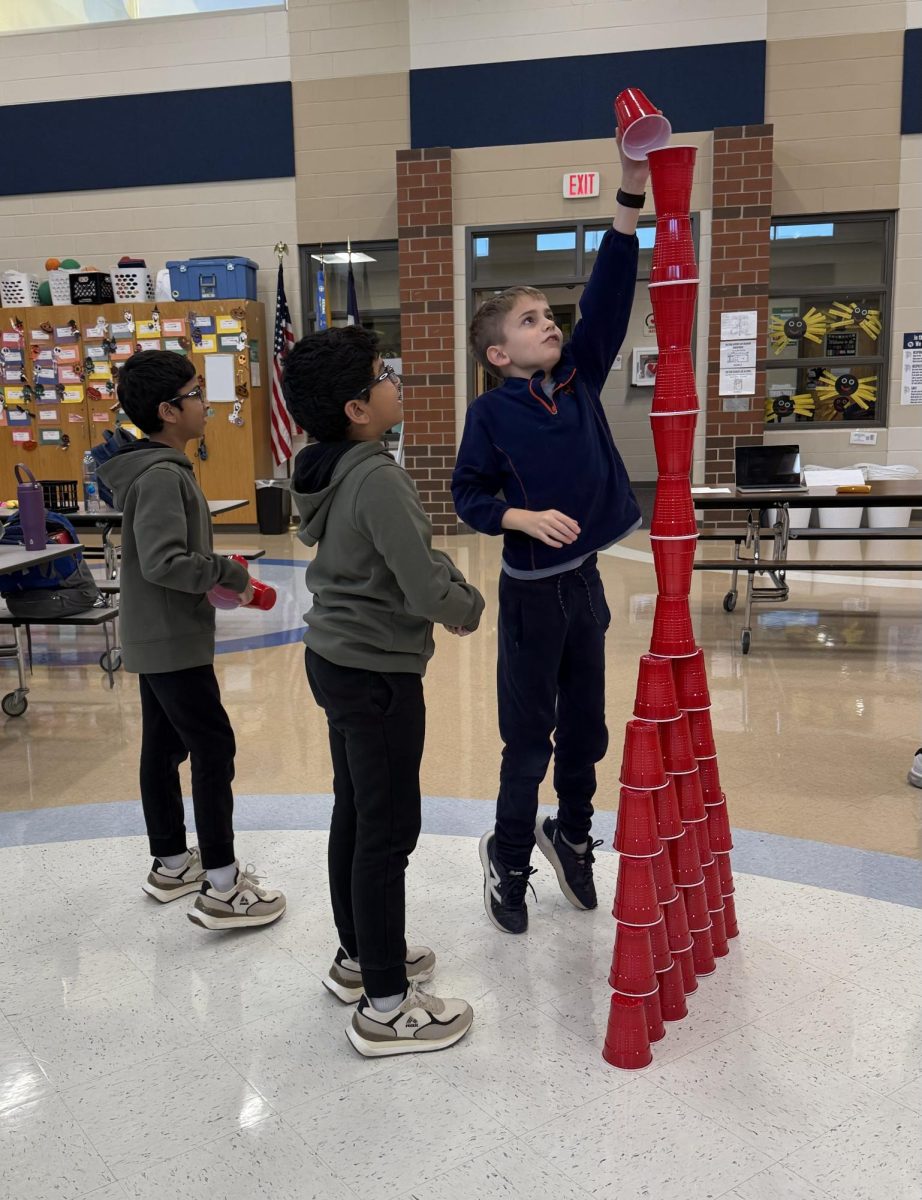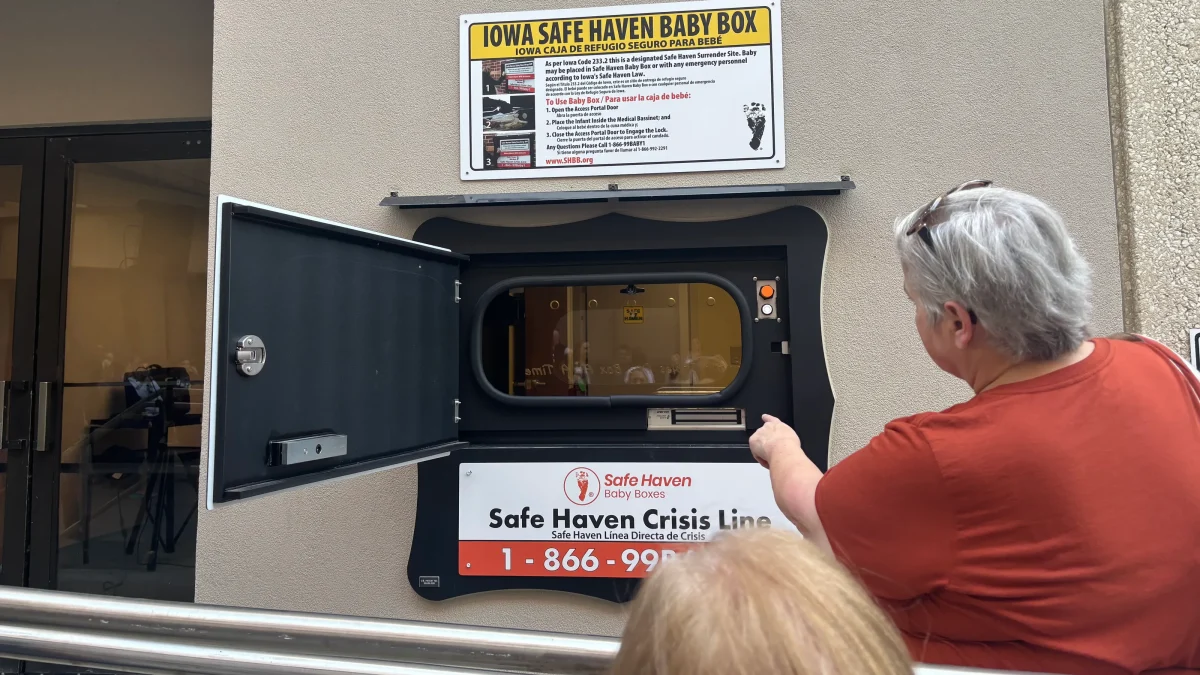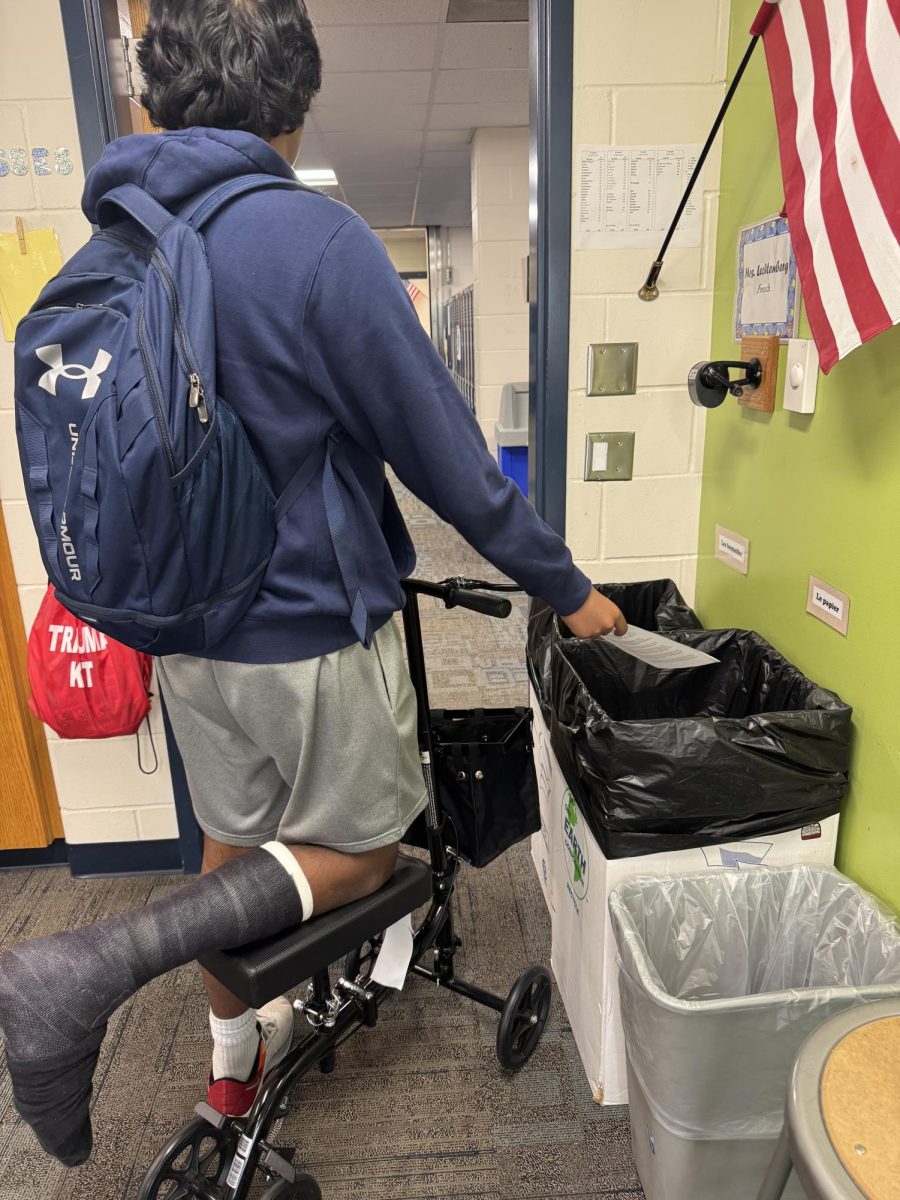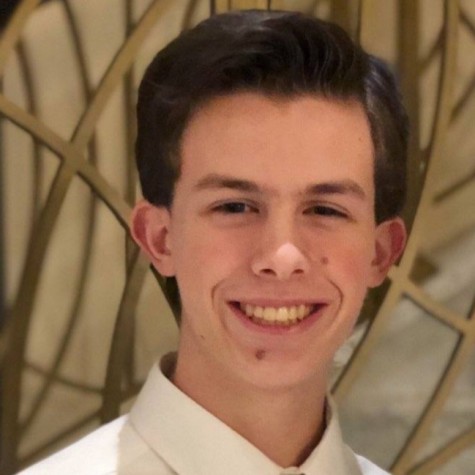The Arabian country of Yemen, torn by civil war since 2015, is now under an uneasy truce due to the coronavirus. The government-backing coalition, spearheaded by Saudi Arabia, has announced a two-week ceasefire with Yemeni rebel groups.
The ceasefire, which had been called for by the U.N. Secretary General, was prompted by fears that the coronavirus would adversely affect the beleaguered civilian population. The war-torn nation has suffered famine as well as conflict due to military blockades of the country that prevent the importation of supplies.
Secretary General Guterres stated, “Only through dialogue will the parties be able to agree on a mechanism for sustaining a nation-wide ceasefire…and the resumption of the political process to reach a comprehensive settlement to end the conflict.”
Senior Nihar Behere agrees. “Coronavirus shows us just how entrenched war is in today’s society, that it takes a whole pandemic to halt violence,” said Behere.
An estimated 80 percent of the population already requires humanitarian assistance and proponents of the ceasefire hope it could open the door for international aid as well as more permanent negotiations and eventual peace.
The war itself is primarily a proxy war between Iran and Saudi Arabia, who are each attempting to expand their spheres of influence in the Middle East. The Saudis have supported the internationally recognized and pro-Saudi government with airstrikes and weapons, while Iran has backed the Houthi rebels. Amidst the chaos, Al-Qaeda has also established control of much of the country.
A ceasefire, if followed, would provide a necessary reprieve for the parties involved. Iran is dealing with the Middle East’s worst coronavirus outbreak and both Saudi Arabia and Iran are suffering the effects of a (self-imposed) global oil glut driving the prices of their primary exports to historic lows.
Still, the peace is shaky at best. Reports have already emerged of continued missile strikes, and Al-Qaeda has made no indication they are willing to abide by any guidelines but their own. But U.N. officials remain hopeful that, despite the tensions, a lasting peace can be forged amidst the greater threat of pandemic.



